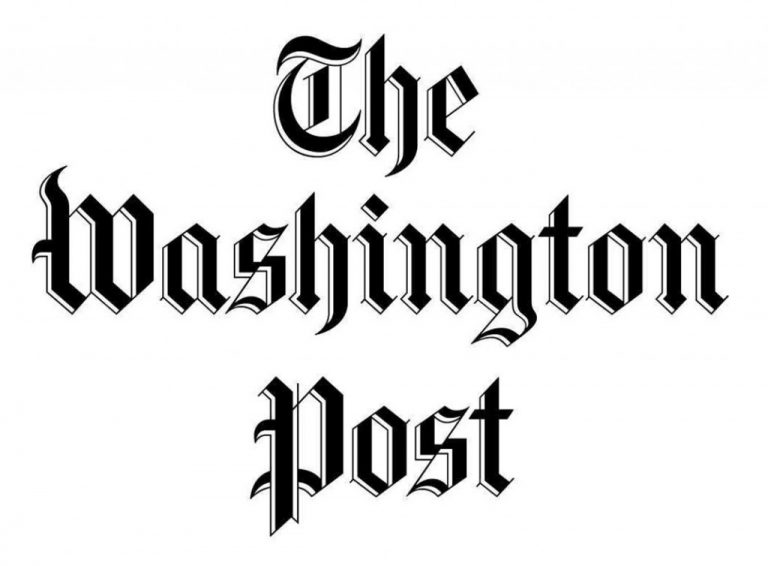Published on January 25, 2021 in
"You’re the people that built this nation. You’re not the people that tore down our nation,” former President Donald Trump told the collection of white supremacists, conspiracy theorists and would-be instigators of a second civil war who rallied with him in Washington, D.C., on Jan. 6. The crowd cheered at the idea that people like them — mostly white, mostly male — were the true heroes of American history. Then they ransacked the Capitol.
Continue reading
Published on January 11, 2021 in
Teachers scrambled to create lesson plans to help students make sense of the Jan. 6 siege of the U.S. Capitol right after it happened.
It’s a fraught task. Even the news media wasn’t sure what to call this unprecedented attack on U.S. democracy. Was it a coup? A riot? An act of domestic terrorism?
Likewise, it’s not clear where lessons should begin.
The Conversation U.S. asked six education experts how teachers – and parents – can help young people comprehend, analyze and process what happened.
Continue reading
Published on October 10, 2020 in
In 1980, historian Howard Zinn released “A People’s History of the United States,” a reader that became wildly popular in high schools across the country and sparked a revolution in the way that history is taught. Rather than putting students to sleep with factoids and timelines, teachers began to rely more on primary source materials, including documents and texts that narrate history from multiple perspectives.
Continue reading
Published on October 9, 2020 in
Last fall, teacher Michael Palermo called Columbus’s crew to the witness stand. Wilfredo Lopez Murcia, a student at Wakefield High School in Virginia, strolled to the front of the classroom, followed by classmate Jhonnatan Moya Miranda.
“Hello, mates,” Wilfredo quipped, giving a short salute to his peers.
Wilfredo and Jhonnatan were about to defend themselves in The People vs. Columbus, et al. trial, a social studies role play that encourages critical thinking about European colonization of the Americas...
Continue reading
Published on October 7, 2020 in
Are you a parent, grandparent, or other caregiver wondering what to do for Indigenous Peoples’ Day this year while you and your family are home? Perhaps you’re a college student, discussing social justice and hoping to do something meaningful that also respects public health guidance on in-person gatherings?
Continue reading
Published on October 2, 2020 in
President Trump’s recent call for “patriotic education” in American schools sparked sharp criticism from educators, historians and others who saw it as the latest assault by conservatives who believe that far-left history teachers are indoctrinating students into hating their country... Part of teaching history honestly is exposing students to a multitude of perspectives. As the
Zinn Education Project wrote in response to Trump’s attacks last week, “Teaching people’s history is about empowering and invigorating students to better understand the perspectives of workers, women, Black, Indigenous, and people of color, whose voices are too often erased in the corporate-produced textbooks.”
Published on September 22, 2020 in
It’s often unsettling to confront new knowledge and see our world in new ways. When our ordered paradigms are found to be less true than we thought, we are cast adrift in a chaotic reality. Consider Galileo and others like him when they found the earth was not at the center of the universe but just one of many bodies orbiting around one of many stars. Or, reflect on the United States when the theory of natural selection in evolution reached our shores...
Continue reading
Published on September 18, 2020 in
For centuries, dead white men have dominated high school English classes. Syllabuses and summer readings lists are chock-full of Shakespeares, Hemingways, Faulkners, and Fitzgeralds.
But this year, Joana Chacon, an English teacher at Newton South High School, is trying something new: Like many in her department, Chacon is teaching texts only by authors of color. Freshmen will read “The House on Mango Street” by Sandra Cisneros and civil rights poetry by Langston Hughes, Gwendolyn Brooks, and Maya Angelou. Juniors will dive into Sherman Alexie’s bildungsroman, “The Absolutely True Diary of a Part-time Indian,” Gene Luen Yang’s graphic novel “American Born Chinese," and one of Toni Morrison’s searing early works, “The Bluest Eye” or “Song of Solomon.”
Continue reading








